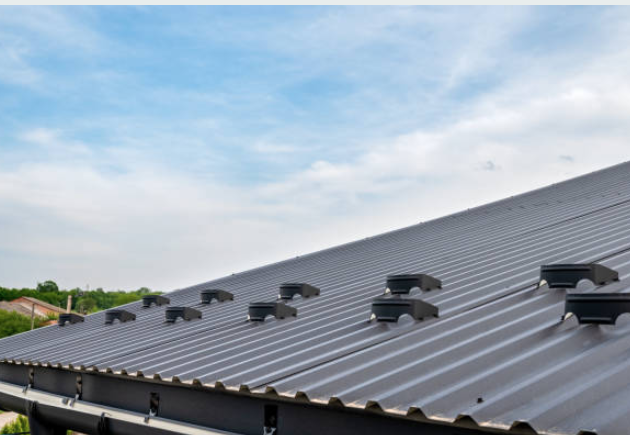The key to delivering quality results lies in using the right roll forming machine that aligns with the specific roofing profiles required for each project.
Here’s a blog outline for "Choosing the Right Roll Forming Machine for Roofing Contractors":
Title: Choosing the Right Roll Forming Machine for Roofing Contractors
Introduction:
- Roofing contractors play a critical role in construction projects, ensuring durable and weatherproof roofing systems.
- The key to delivering quality results lies in using the right roll forming machine that aligns with the specific roofing profiles required for each project.
1. Understanding Roofing Profiles and Their Requirements
- Standing Seam Panels: Explain the importance of standing seam panels for weather-tight, aesthetic roofing systems.
- Key Features to Look for in a Roll Former: Snaplock standing seam panel machines, customization options, on-site forming capabilities.
- PBR Panels: Commonly used in commercial and industrial buildings for their durability and ease of installation.
- Key Machine Considerations: Machines that produce precise profiles with minimal waste and can handle heavy-gauge materials.
- Other Profiles: Corrugated panels, B deck, or metal shingles, depending on the roofing project.
2. Factors to Consider When Choosing a Roll Forming Machine
- Material Compatibility: Ensure the machine can handle the specific gauge and type of metal you frequently use (steel, aluminum, copper, etc.).
- Production Speed and Efficiency: High-speed machines vs. custom, slower machines for intricate profiles.
- Flexibility and Customization: The importance of having machines that can be tailored to unique profile needs (e.g., custom roof flashing or trim).
- Mobility and On-site Capabilities: For large roofing projects, on-site roll forming can save time and reduce costs. Machines should be portable and durable.
3. Why Durability and Precision Matter
- Roofing projects demand precision to ensure panels fit perfectly, especially for standing seam and PBR panels.
- Durable machines reduce maintenance and downtime, providing long-term savings and reliable performance.
- Look for machines that offer precise cutting and forming to reduce waste and rework.
4. Top Roll Forming Machine Types for Roofing Contractors
- Snaplock Standing Seam Machines: Ideal for high-end residential or commercial roofing projects, known for producing sleek and durable roofing systems.
- PBR Roll Formers: Suitable for large industrial and commercial buildings, these machines offer speed and efficiency.
- Custom Roll Formers: For roofing contractors who deal with unique profiles or require bespoke flashing and trim pieces.
- Uncoilers/Decoilers and Runout Tables: Complementary equipment to streamline the roofing process.
5. The Role of Support and Maintenance
- Choose manufacturers that offer strong customer support, including spare parts availability and machine maintenance services.
- Training and after-sales support can ensure your crew operates the machine efficiently and safely.
6. Cost vs. Long-Term Value
- Weighing the upfront investment against long-term gains. Quality roll formers can save time, minimize waste, and reduce the need for repairs and rework.
- Consider financing options and ROI, especially for contractors who work on large, long-term projects.
Conclusion:
- The right roll forming machine can streamline operations, improve roofing quality, and increase profitability for roofing contractors.
- Whether you're working with standing seam, PBR, or custom profiles, choosing a machine that aligns with your specific needs is essential for success.
This guide provides roofing contractors with practical tips to make an informed decision about which roll forming machine to invest in.
Machine matcher specialise in matching your roll forming machine requirements with the perfect new or pre owned machine.
We partner with, and represent some of the finest roll forming manufacturers in the market. For more information and a free machine quote please contact us today or view all machines.




